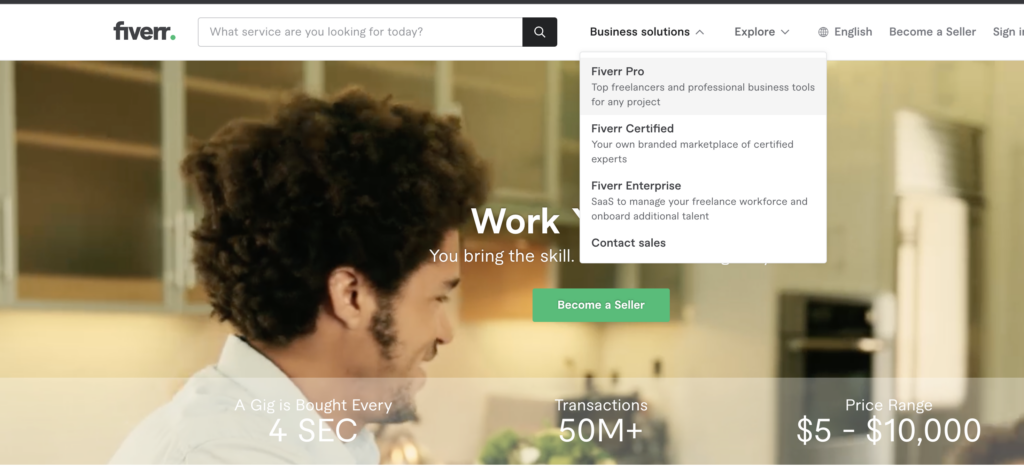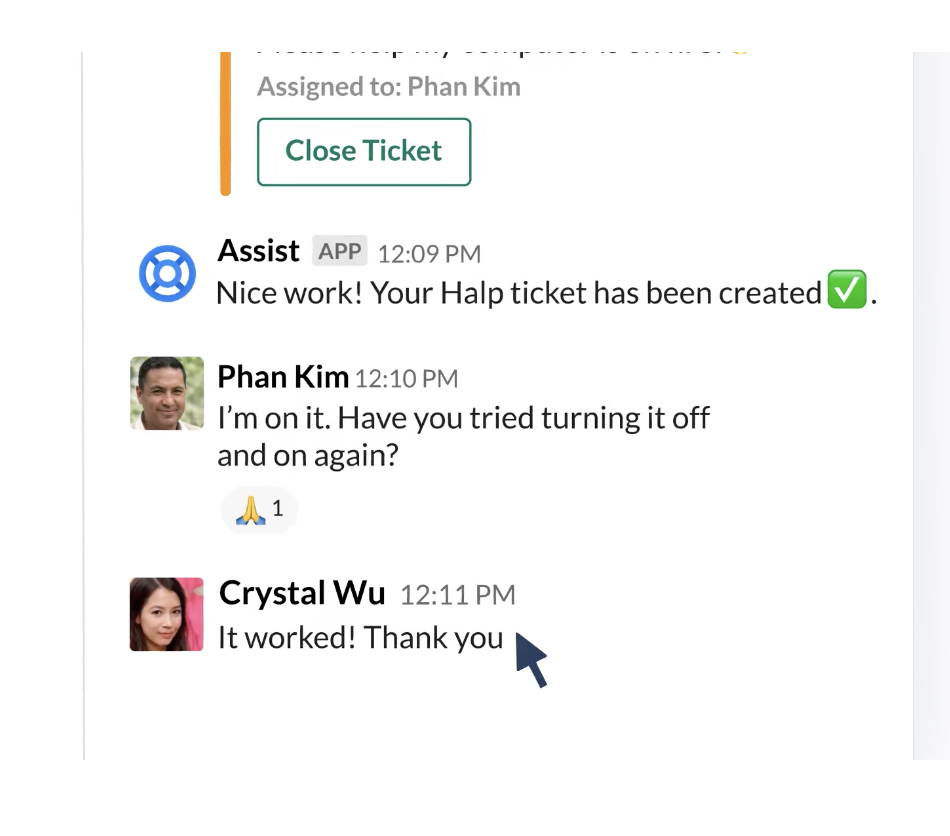Fivver’s Fight to Stay Relevant and Atlassian’s Fight to Stay Organized-A Study of Platforms.

Fivver, the du jour freelancing platform, offers an interesting glimpse into how people who thrive in the gig economy, can flourish using a service that imposes more structure than the average freelancer might prefer.
Question 1:
Fivver, the du jour freelancing platform, offers an interesting glimpse into how people who thrive in the gig economy, can flourish using a service that imposes more structure than the average freelancer might prefer.
Founded in 2010 in Tel Aviv, Israel, Fivver began as a marketplace for freelancers across a variety of knowledge work verticals (e.g. copywriting, software engineering, logo design, social media management, data science, etc.) to sell their wares to a community of interested buyers. Interested parties Over the last thirteen years, Fivver grown into a platform that provides a plethora of services to both freelancers and people seeking to hire them.
Examples of platform provisions include: Fivver Pro is analogous to TaskRabbit in that it matches specialized freelancers with people who need to hire them for specific tasks. Fivver Certified permits individuals to host their own mini marketplaces of “certified [per Fivver’s standards] experts. Fivver Enteprise is a richly featured digital storefront replete with workforce management tools, budgeting software, performance management, and payroll software. Fivver also supports several robust online and in-person communities that engage freelancers by industry by hosting regional events for freelancers to help each other hone their skills and expand their networks. Finally, Fivver maintains an active blog that features content including advice from successful Fivver freelancers, subject matter expertise, and introductions to new product offerings. Fivver’takes 20% of each transaction that occurs on the platform to generate revenue, and it charges more fees for the more premium services like Enterprise. To buyers of freelance laborer’s work, Fivver promises high quality deliverables and 24/7 customer service.
Fivver has helped legitimize and likely expand participation in the gig economy over the last decade, in a way that compliments companies like Uber, Grubhub, and Wag. While operating income is not yet positive, Fivver’s top line growth has persisted since the company went public in 2019. Nasdaq’s and the Motley Fools’ analyses explain that Fivver became incredibly popular during the peak of coronavirus because (1) more companies sought to replace full-time employees with freelancers to save money and (2) more people became interested in side-hustle work. Both the abatement of covid and the popularization of generative AI have stymied (but not reversed Fivver’s revenue growth). As certain types of knowledge become obsolete due to AI’s growing competence, many sorts of jobs on Fivver may be eliminated. At the moment, though, it looks as though Fivver freelancers have found ways to make AI work for them. A recent Yahoo Finance article (linked below) suggests that Fivver workers use AI to help them draft written content more quickly so they can provide expert edits.
But the scrappiness of these freelancers isn’t outsmarting the market. Fivver’s stock price exceeded $320 per share in 2021, but over the last year, it hasn’t broken $100. The macroeconomic conditions claim some responsibility, but are they really responsible for everything?


Question 2:
The Atlassian platform’s partnership with Slack is a wonderful example of how a platform can leverage narrow and deep software to reinforce its value proposition.
Atlassian is the premier provider of software workflow management tools. As a former software engineer, the Atlassian suite of products, which includes Trello, Jira, Bitbucket, and Confluence, are the bread and butter of agile software development. Its partnership with Slack, a messaging tool used primarily for workplace communications, allows Atlassian to better deliver on its mission, “to help unleash the potential of every team.” Slack’s integration into Atlassian allows humans to consume information about progress (or roadblocks) in the software development and deployment processes in a digestible, visually appealing manner. Tickets that get created to resolve issues can get posted automatically to Slack channels of humans’ choosing. And these tickets allow people to take actions to solve problems related to code shipping straight from Slack. Additionally, Slack’s user interface also facilitates easy communication between human beings to solve problems.
Doesn’t this sound too good to be true? It might be. Slack and Atlassian are products of autonomous corporations; making each software system compatible with the other requires the time and effort of two distinct teams. The amount of work, complexity, and risk (of catastrophic bugs) involved in each software project grows exponentially with the number of people and codebases involved. Unless strong controls are in place from management, managing conflicts between Slack’s and Atlassian’s teams can result in diminished quality of the integration. As an example, if Slack’s integration breaks, and critical software defects go unreported in the system that humans at “X” company use to assess software quality, company “X” can ship to production (i.e. paying users) dangerous code! The consequences of this can be catastrophic for organizations.

Sources:
https://www.nasdaq.com/articles/is-fiverr-international-a-buy-now
https://slack.com/blog/news/atlassian-and-slack-partnership


